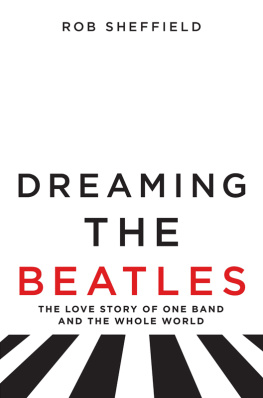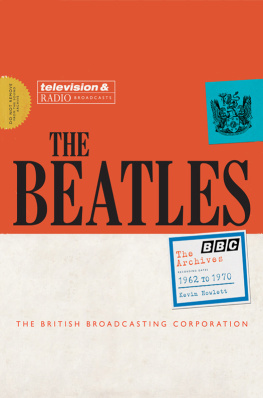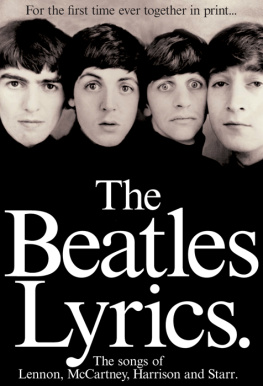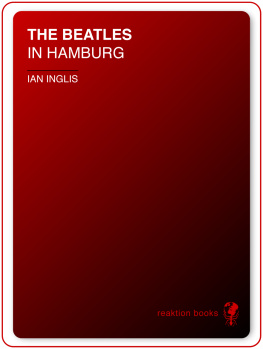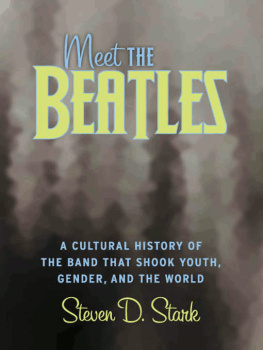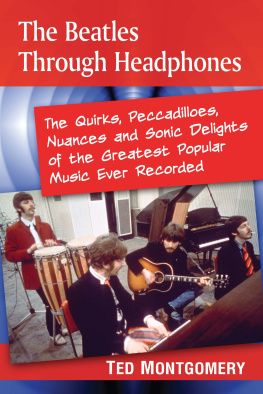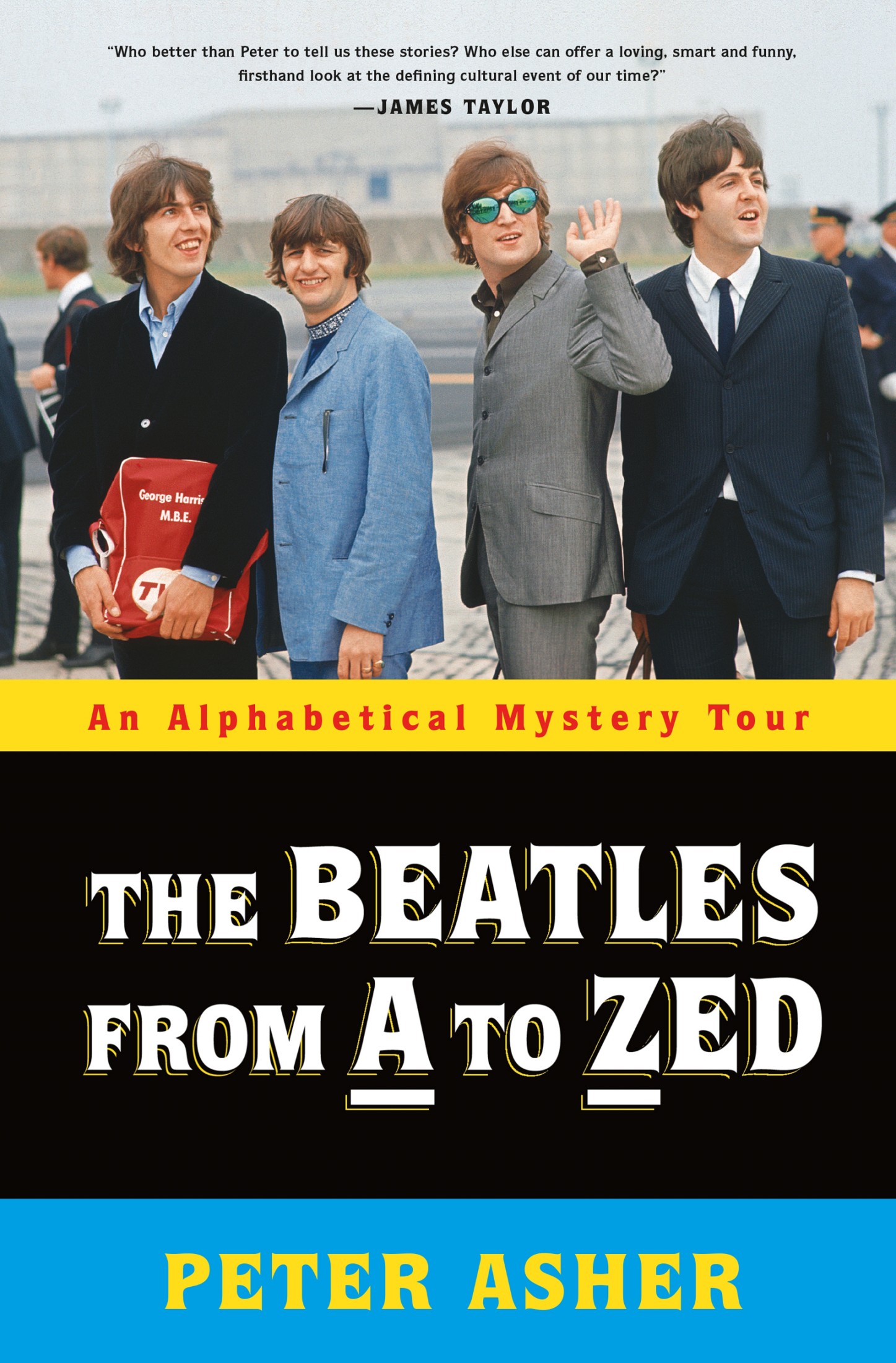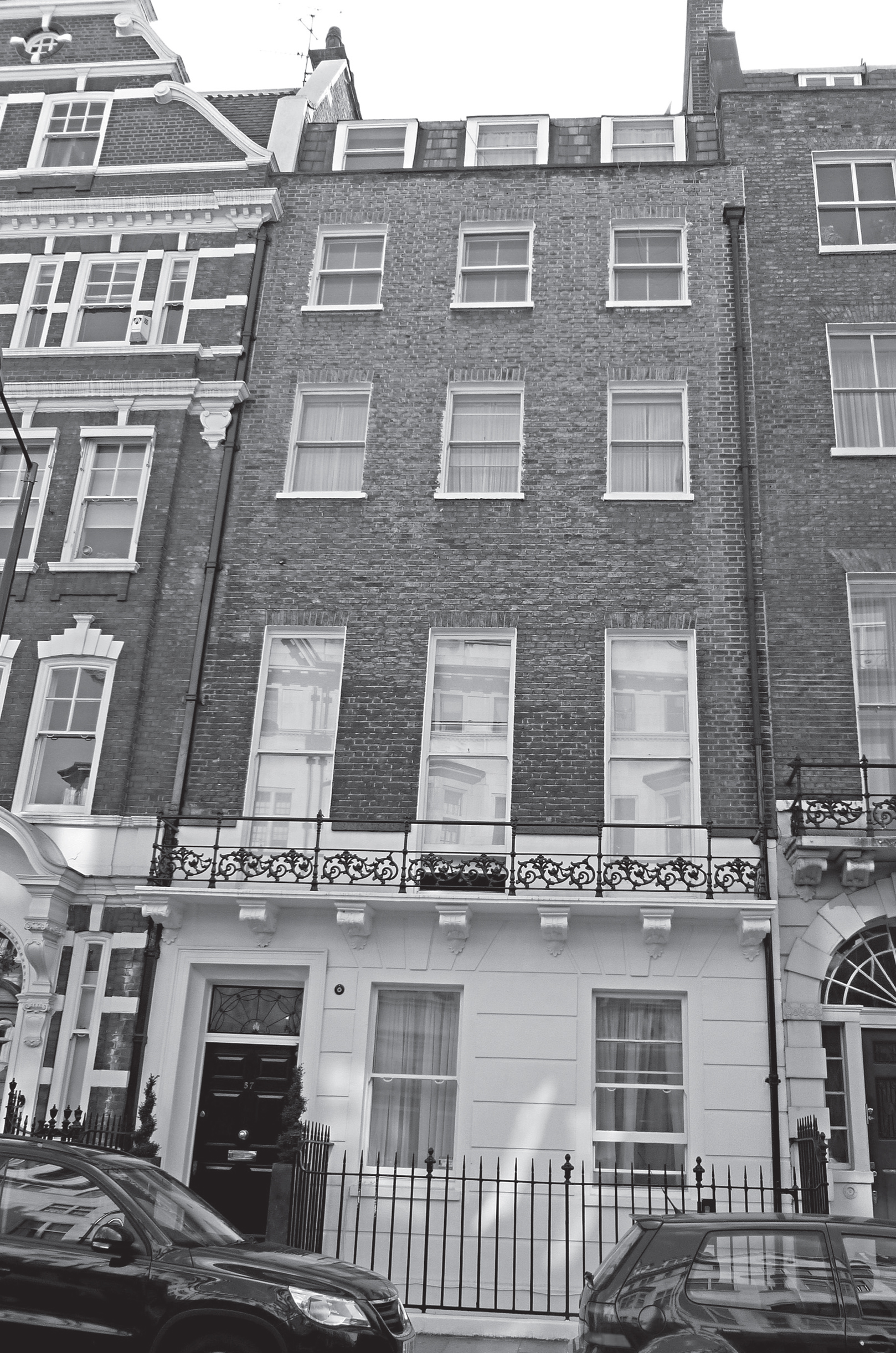Paul (singing): Please lock me away
John: Yes, okay. End of song.
The conversation that changed my life
I grew up in a musical household, so in some ways it is not surprising that I gravitated to the world of music and recordings. My father was an amateur pianist and a committed lover of Gilbert & Sullivan as well as a distinguished physician, and my mother was oboe professor at the Royal Academy of Music; she had played in various major orchestras and gave oboe lessons at home as well. So as my sisters and I were growing up, there was always music in our house at 57 Wimpole Street on the corner of New Cavendish Street in Central London.
By the time I was fourteen or fifteen, I had had not only piano lessons but some instruction on the oboe and the double bass as well, but my appalling laziness about practising prevented me from achieving any real competence despite my great love of the music itself. I loved the music of my parentsI am still very happy to listen to a Corelli oboe concerto or a Gilbert & Sullivan operettabut my passion became all the non-classical music I was hearing from American sources. I loved the bebop of Charlie Parker and his contemporaries and modern jazz of all kinds and ended up with an extensive record collection in that field. I loved the folk music of Woody Guthrie, Cisco Houston, Lead Belly, Sonny Terry & Brownie McGhee, and so onand went to Dobells Record Shop in the Charing Cross Road to buy what I now realize must have been bootleg acetates of all that wonderful music. And I loved R&B and blues. My curiosity about America itself (a miraculous land of plenty from our point of view, both materially and artistically) was matched only by my love for its music. So I got my first guitar and learned a few chords.
I met my friend Gordon Waller at Westminster School in Londonand he loved much of the same music and knew a couple more chords than I did. We started singing together, playing pubs and clubs and coffeehouses, calling ourselves (it sounds odd now) Gordon & Peter. Eventually, we got a fancier gig late at night in this eating and drinking club called the Pickwick. And while we were playing there one night, a man in a very shiny suit came up to us and introduced himself as Norman Newell, an A&R (artists and repertoire) manager for EMI Records, and asked us if we would come and do an audition at EMI Studios in Abbey Road in the St. Johns Wood section of London. We were thrilled to death, as one might imagine. We went there several days later, recorded a few songs, and awaited the results. Fortunately and joyfully, the result was that they offered us a contract. We signed it, of course.
Norman told us he had booked some studio musicians and had reserved Studio Two at EMI for a date about a month in the future, and he started to talk about which songs we should record. He had picked some songs from our Pickwick Club set and was talking to a couple of songwriters. But he also said, Look, if you know of any other good songs that might be right for you to arrange and record, please let me know. Were interested in some new songs as well as the ones youre already doing. Oh, and by the way, we are changing your name to Peter & Gordon because we think it sounds better. Who was I to complain?
Now this is where coincidence plays a role in our story. I had at the time (and still have, Im happy to say) two very beautiful sisters, Jane and Clare. And my sister Jane, two years younger than me, two years older than Clare, was already a very successful actress in Britain, well known and much admired to this day. And it was in that context, as a music-loving celebrity, that she had been asked to go see this new band all the girls were screaming over. A band that had just come down from Liverpool and had their first hit. Radio Times magazine had asked Jane if she would attend their London performance and write a review and see if she could figure out what all the fuss was about. She was delighted to do so; she had never seen the Beatles but had read a lot about them, as we all had.

My sister Jane and me.
Jane was most impressedshe thought the music was fantastic, and when she met them all afterwards, she found them charming, witty, and cool, and she liked them very much. They liked her, too; one of them liked her in particular and asked her out. Thats how she ended up going out with Paul McCartney for a few years. And one of the side effects was that Paul was hanging around our house all the time.
In the end, our parents kind of took pity on him and offered him the guest room at the top of the house, next to my bedroom. So Paul ended up moving in, and he and I shared the top floor of that house for a couple of years. During that time, I was fortunate enough to hear some songs he was writing, and one of those songs was called A World Without Love. I had heard it as a fragment, and I told Paul I thought it sounded really good. He explained to me that the Beatles were not going to record it. It didnt seem to be quite right for them. (I found out later that John did not like the opening line, Please lock me away.)
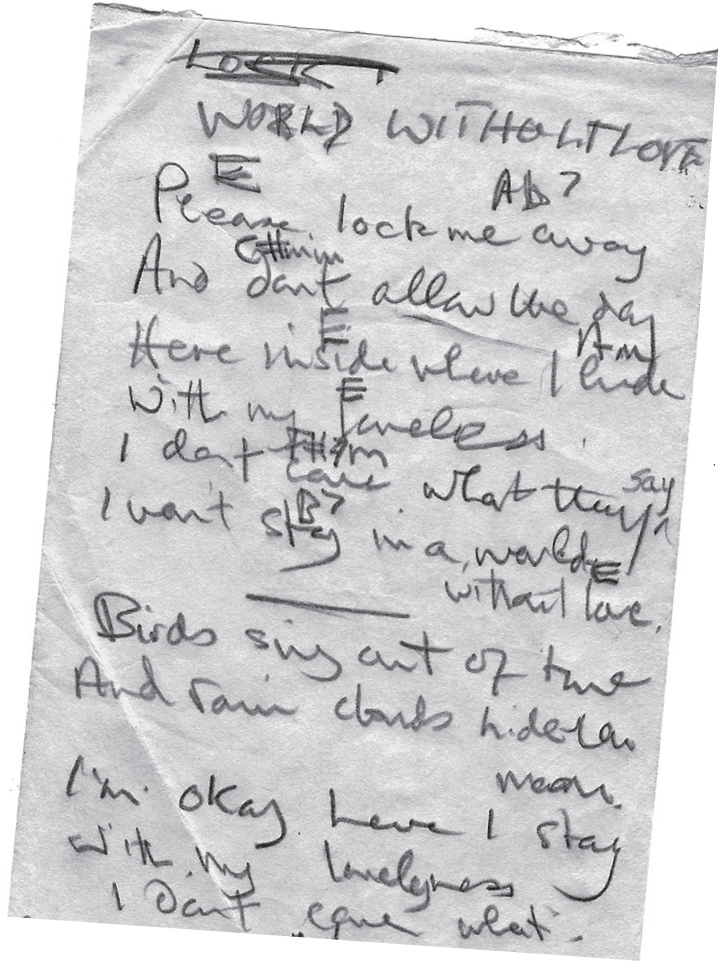
Paul McCartneys handwritten lyrics to the verses of A World Without Love.
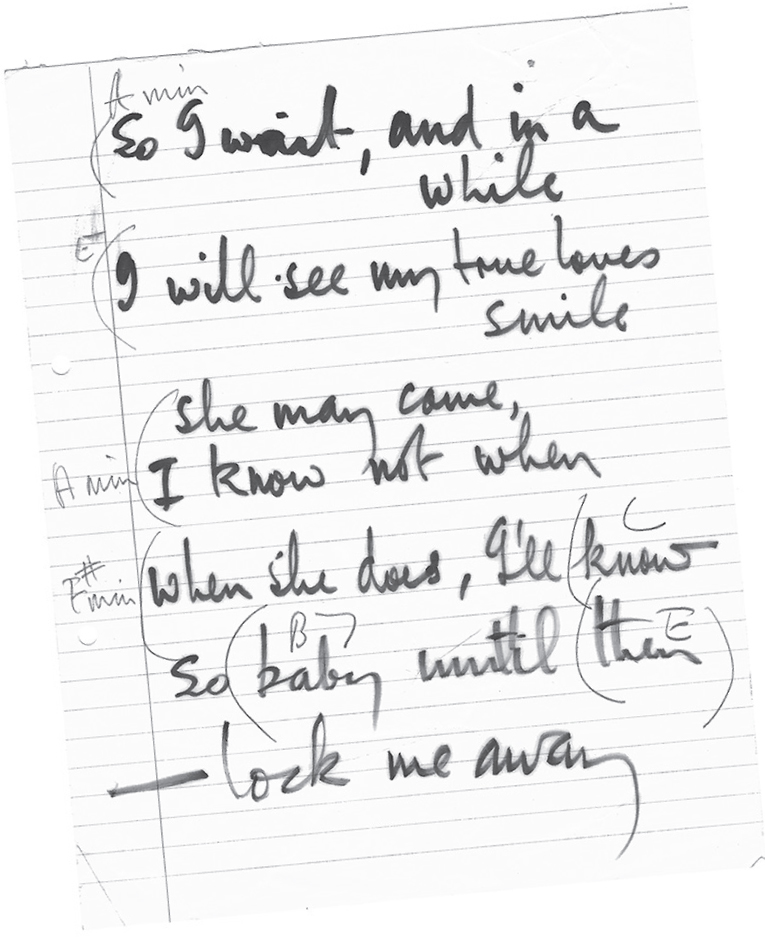
The bridge.
And so it was almost in the reject pile, or at least in the pending pile, and it was also unfinished. He had written a couple of verses but no bridge. So when Norman Newell asked if I knew of any other songs that might be good to record, I thought, Maybe I do.
I went back to Paul that night and said, Look, weve got a record deal now and were looking for songs. Is that song A World Without Love still kind of an orphan song?
And he said, Yes, were not going to record it.
And I said, Can we record it if we work out a version that sounds okay? Because weve got a day in the studio coming up, and were all excited.
And Paul said, Yes, you may.
So he very graciously wrote out the chords and the lyrics for me, and he also recorded a little demo so that we wouldnt screw it up when we made our record. (I still have that demo.) Paul made it on a reel-to-reel tape machine in my bedroom that day in late 1963. Gordon and I worked out our version of this new song, which we lovedbut it was still incomplete. As the date of the session drew near, I did have to nag Paul gently about the missing bridge. Eventually, he went into his bedroom with a guitar for an infuriatingly short eight minutes or so and emerged with a whole new section which was utterly perfect.


